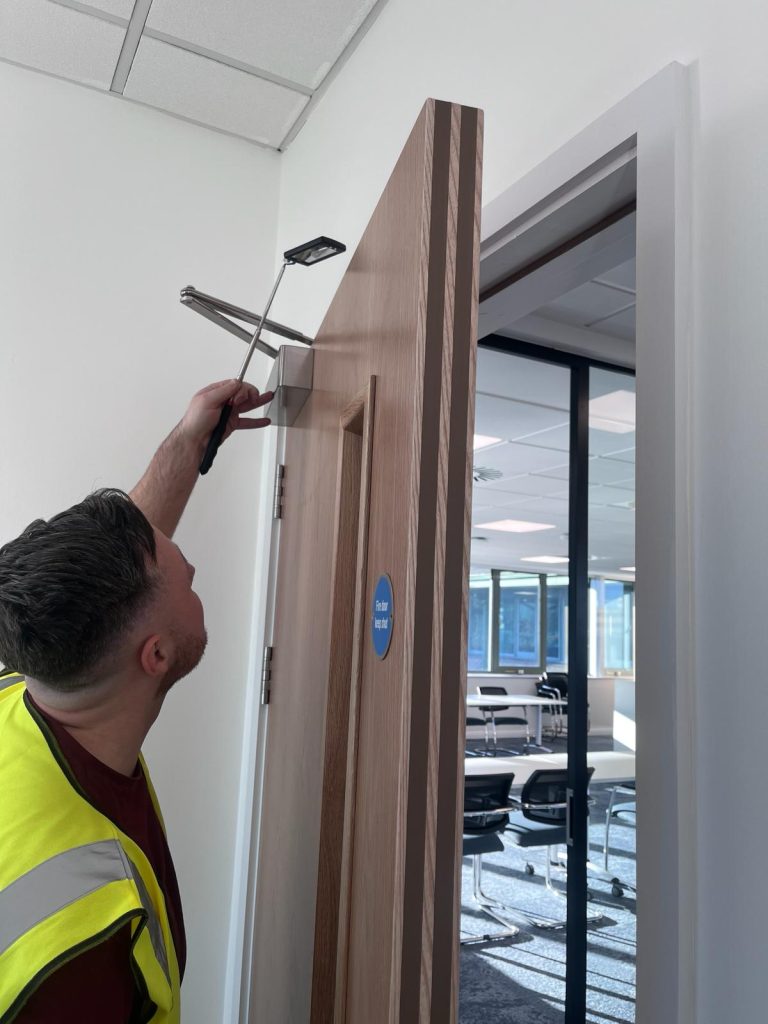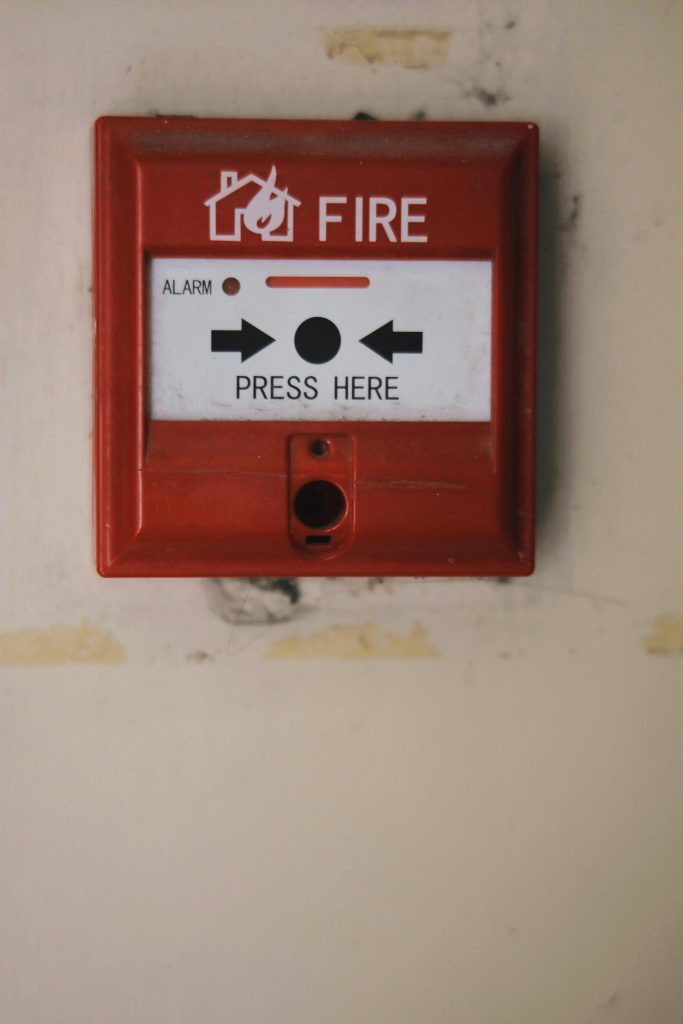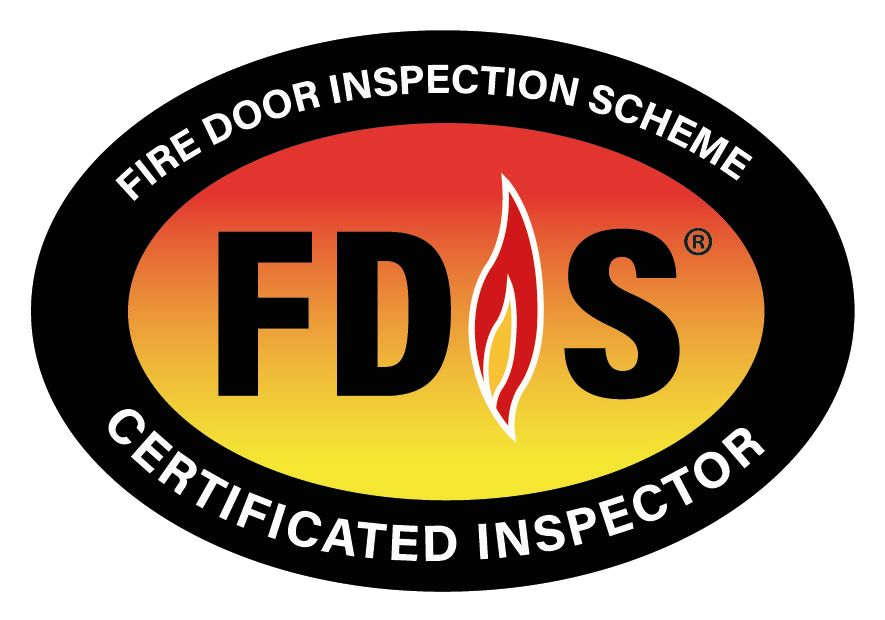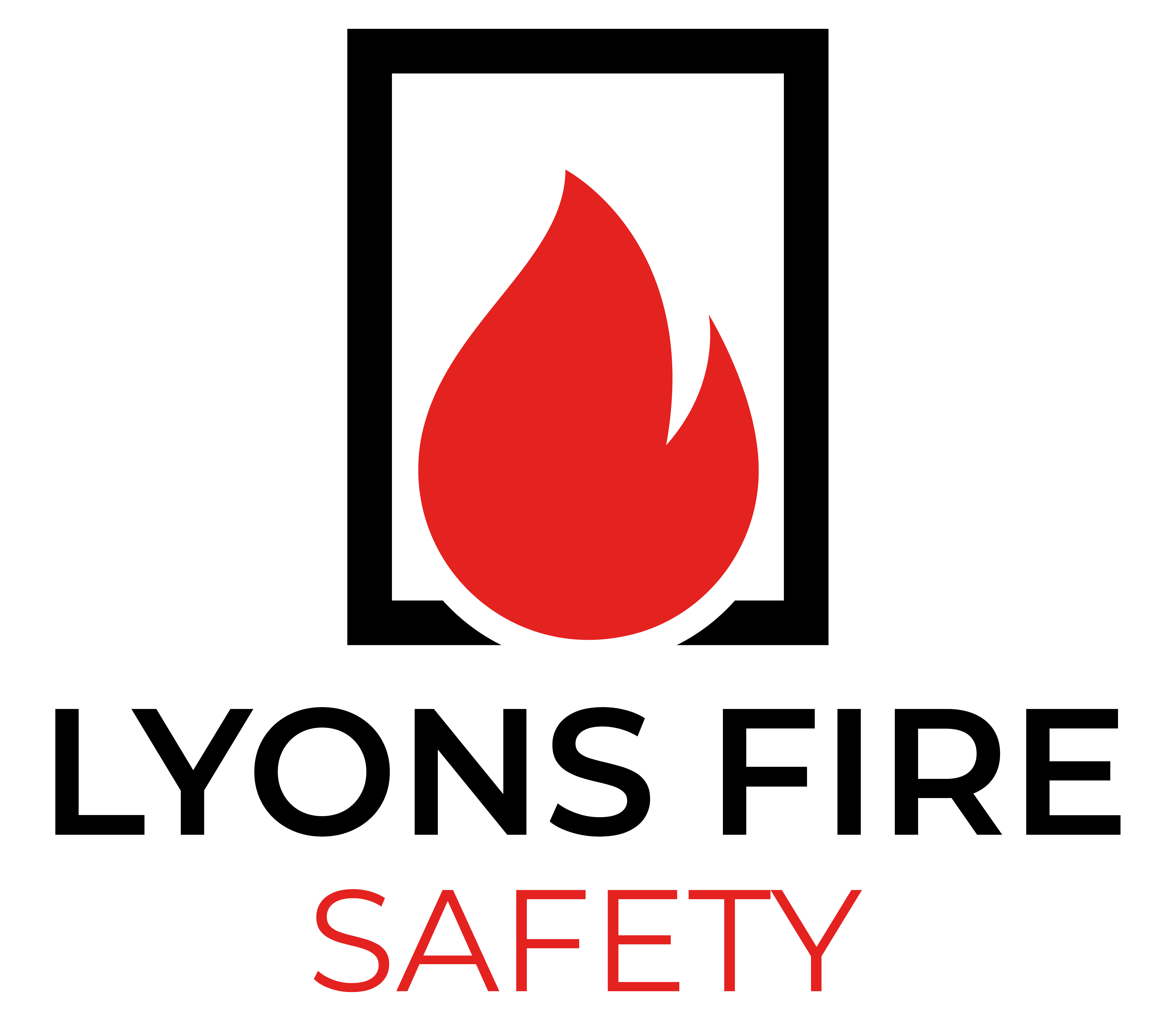Fire Safety in Commercial Premises: Comprehensive Solutions for Offices, Retail, and Industrial Facilities
Fire safety in commercial buildings is a critical concern for business owners, managers, and landlords. It ensures not only the protection of property but, more importantly, the safety of employees, customers, and visitors.
Whether you manage an office, retail store, or industrial facility, it’s essential to comply with the UK’s fire safety regulations and adopt industry-specific fire prevention measures.
At Lyons Fire Safety (LFS), we offer expert solutions tailored to the unique challenges of commercial environments.
In need of fire door installation services? – look no further than our team at LFS. Get in contact for a quote, and let us know what issues you’re facing Contact – Lyons Fire Safety
Understanding Fire Safety in Commercial Buildings
Fire safety regulations in the UK are governed primarily by the Regulatory Reform (Fire Safety) Order 2005, which mandates regular fire risk assessments, fire prevention measures, and evacuation planning. The responsibility for fire safety falls to “Responsible Persons”—business owners, employers, building managers, or anyone in control of commercial premises.
Below, we break down fire safety challenges for different types of commercial buildings and how LFS can help mitigate these risks.
Key Components of Fire Safety for Commercial Premises
Fire Risk Assessments
A comprehensive fire risk assessment is the foundation of fire safety in any commercial building. At LFS, we assess fire hazards, identify at-risk individuals, evaluate risks, and recommend mitigation strategies. Common areas of concern include:
- Sources of ignition (e.g., electrical equipment, heating appliances)
- Flammable materials (e.g., paper, fabric, chemicals)
- Evacuation routes and accessibility
- Emergency procedures tailored to business operations

Our team ensures your fire risk assessment remains up-to-date, especially following any structural changes or changes in building use.
Fire Detection and Alarm Systems
Commercial buildings must have appropriate fire detection systems in place. The type of system required depends on the nature of the building and its fire risk profile. Offices, retail shops, and industrial facilities each require specific types of fire detection and alarm setups.
- Offices: Smoke detectors in common areas, fire alarms tested weekly.
- Retail Stores: Smoke detectors near stockrooms and changing areas.
- Industrial Facilities: Heat detectors in high-risk zones such as machinery areas.
Fire Door Installation and Maintenance
Fire doors are essential for containing fires and protecting escape routes. LFS specialises in the installation of FD30 and FD60 fire doors, offering 30 to 60 minutes of fire resistance. Whether in an office, warehouse, or retail setting, we ensure that fire doors are installed with intumescent seals, fire-rated hardware, and smoke seals for optimal performance.
Annual fire door inspections are recommended to check for wear, damage, or incorrect installations, which could undermine the door’s fire resistance. In need of a fire door inspection, for residential or commercial premises? – We’ve got you covered at Lyons Fire Safety.
Fire Safety Challenges and Solutions for Various Commercial Premises
Office Spaces
In office environments, particularly open-plan designs, fire safety presents several challenges. Open-plan layouts may lack sufficient compartmentalisation, meaning that fires can spread more quickly. Furthermore, poorly marked or obstructed evacuation routes can hinder the safe exit of employees.
Example
- Hazard: Open-plan offices often lack defined fire barriers, leading to rapid fire spread. Additionally, blocked evacuation routes can cause confusion during emergencies, putting employees at greater risk.
- Solution: To mitigate these risks, fire-resistant partitions and fire doors should be installed between departments or sections of the office. This compartmentalisation can slow the spread of flames, giving occupants more time to evacuate. Ensuring that fire exits and escape routes are clearly marked and unobstructed is crucial, as is regular fire drills to familiarise staff with evacuation procedures.
Retail Stores
Retail spaces, particularly those with flammable products, face significant fire risks. Clothing stores, for example, often stock large quantities of textiles, which are highly combustible. Similarly, electronics stores must deal with the fire hazards posed by electrical devices and lithium-ion batteries.
Example
- Hazard: In clothing stores, flammable fabrics, combined with inadequate storage practices, increase the risk of fire. Similarly, electronics stores face the challenge of potential electrical fires from product displays and malfunctioning equipment.
- Solution: Fire doors should be strategically placed to contain any potential fire outbreaks within specific areas, such as storage rooms or fitting areas. Additionally, smoke detectors should be installed in vulnerable spaces, including storage rooms and changing rooms. Staff should be trained in handling small electrical fires and understanding evacuation procedures, particularly if the fire alarm goes off while customers are present.
- Example: Shops that deal in electronics need specialised safety measures. Overloaded sockets and display units could spark electrical fires, while batteries can overheat, posing additional risks.
- Solution: Installing fire doors between storage rooms and sales floors helps contain any potential fire, while regular inspections of electrical units are essential to prevent malfunctions that could lead to ignition.
Industrial Facilities
Industrial facilities, including warehouses and manufacturing plants, are particularly vulnerable to fire due to the presence of flammable materials and complex machinery. The size of these spaces, combined with the nature of the goods stored or processed, demands a robust fire safety strategy.
Example
- Hazard: Warehouses storing large quantities of goods, particularly flammable items like chemicals or paper, need extra fire protection measures. Poor storage practices or overcrowded aisles can create significant hazards, making it difficult for emergency personnel to access the area during a fire.
- Solution: Regular inspections should be conducted to ensure fire doors are functioning correctly, particularly in high-risk areas like storage rooms. Fire doors installed at strategic intervals can limit the spread of fire, helping to protect the majority of stored goods. Warehouses should also follow strict guidelines on storing goods away from fire exits and maintaining clear aisles for easy evacuation.
- Example: Manufacturing plants often contain high-risk machinery, making the work environment particularly susceptible to fires due to equipment malfunctions or overheating.
- Solution: Fire doors between production lines and storage areas should be installed to contain any outbreaks. Fire-rated barriers can also reduce the risk of flames moving from one section of the plant to another. Additionally, fire extinguishers that are suitable for specific types of fires (such as metal or chemical fires) should be easily accessible to staff.

Hospitality Sector
The hospitality industry, including restaurants, hotels, and bars, presents unique fire safety challenges. Kitchens, in particular, are at high risk of fire due to the use of high-temperature cooking equipment, grease build-up, and flammable materials like cooking oils.
Example
- Hazard: In restaurants, kitchen fires are a common hazard, typically caused by grease, overheating equipment, or malfunctioning appliances. Fires can spread quickly from the kitchen to dining areas if not adequately contained.
- Solution: The installation of fire doors between kitchens and dining rooms is vital for fire containment. Additionally, automatic fire suppression systems, such as those installed in kitchen hoods, should be maintained regularly to reduce grease build-up that could ignite. Staff training on fire safety is critical, including procedures for shutting down gas lines and using fire extinguishers suited for kitchen fires (such as Class K extinguishers for grease fires).
- Example: Hotels face the challenge of protecting guests, especially those who may be unfamiliar with the building’s layout, in case of an emergency. Evacuating large numbers of people quickly can be difficult, particularly if the building spans multiple floors.
- Solution: Fire doors installed in hotel corridors and stairwells help to compartmentalise the building, slowing the spread of fire and smoke. Additionally, each guest room should be equipped with smoke alarms and clear evacuation instructions. Regular fire drills should also be carried out with hotel staff to ensure they are prepared to assist guests in the event of a fire.
Embracing Technology for Fire Safety: The Golden Thread
As part of the Building Safety Act 2022, the Golden Thread refers to the digital trail of safety data associated with a building. This concept promotes transparency, accountability, and efficiency in managing fire safety. LFS utilises digital tools like the FireDNA app to track installation, inspections, and maintenance.
The Golden Thread ensures your building’s fire safety information is always current and easily accessible to relevant parties, including regulators and emergency services.
Fire Door Inspections and Maintenance: Keeping Your Building Safe
Fire doors must be inspected regularly, ideally once a year. Depending on the type of business and building risk level, more frequent checks may be required. LFS offers comprehensive fire door inspections to ensure that doors, seals, and hardware remain in working order. Fire doors play a critical role in slowing the spread of fire, making it essential to keep them well-maintained.
Penalties for Non-Compliance
UK fire safety regulations are strictly enforced, and failure to comply can lead to severe penalties, including:
- Fines
- Prosecution
- Imprisonment for extreme negligence
Working with certified professionals like LFS ensures that your business remains compliant, avoiding costly legal consequences.
Contact Lyons Fire Safety Today
For professional fire safety services in your commercial building, look no further than Lyons Fire Safety. We offer tailored fire risk assessments, expert fire door installation, and regular maintenance services to keep your business compliant with UK regulations. Don’t wait until it’s too late—secure your property and protect lives today.
Phone: 0121 517 0562
Email: david@lyonsfiresafety.co.uk
Let Lyons Fire Safety help you safeguard your commercial property with reliable, thorough fire safety solutions. Contact us now for a free consultation and custom quote.


